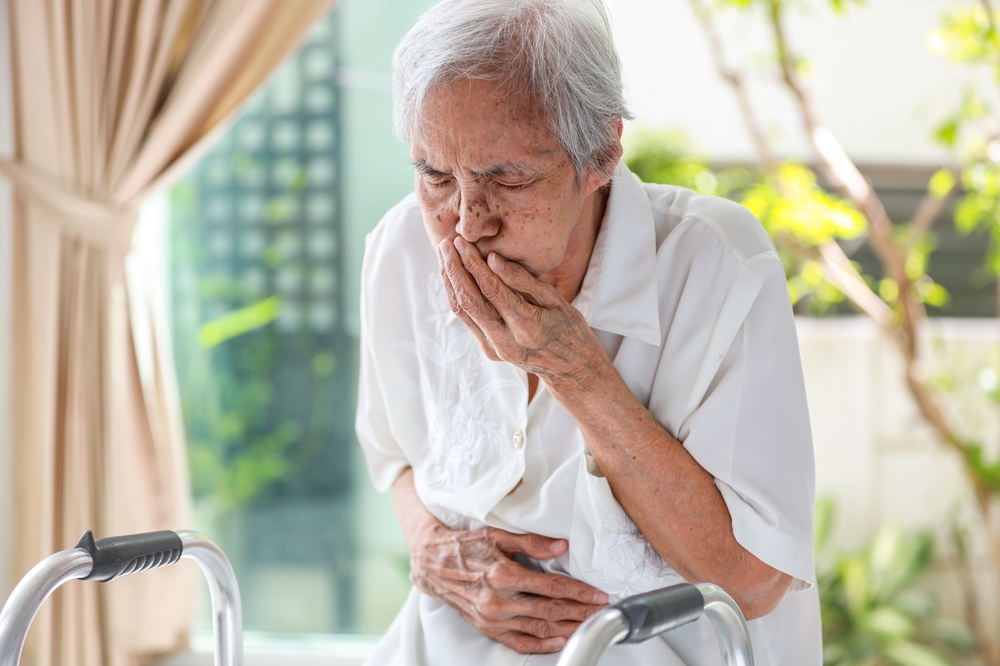Elderly Parent Won’t Bathe: What To Do
Category:

Being a caregiver is not easy. It is hard enough to watch your elderly parents and loved ones grow older. It becomes even more difficult when the tables turn and you must take care of them in the same ways they once took care of you. This includes watching out for your parents’ or loved ones’ hygienic needs.
Elderly Parent Won’t Bathe
An elderly parent refusing to bathe is more common than you might think. There are many reasons an elderly person may not want to bathe.
-
Depression. Your parent may simply be depressed, and lack the energy or motivation to bathe or take care of themselves.
-
Fear. The fear of falling on a slippery shower floor could keep anyone from wanting to shower, especially if that person already struggles with balance.
-
Pain. It could be painful for your elderly parent to get in and out of the shower, or bend over to complete all necessary bathing tasks.
-
Exhaustion. Bathing can be a tiring activity that an elderly person just feels is not worth the effort.
Help with Showering for the Elderly
There are things you can do to help with your elderly parent not showering. First, talk to them. See if you can determine the reason they are not showering. If they are afraid of falling, you can install handlebars in the shower, or use a comfortable shower chair. They may need help getting in and out of the tub or need assistance with actual bathing tasks like washing their hair.
Look to a medical professional for assistance. Your doctor can determine if your parent is depressed and potentially prescribe medication that can help. They can also have a conversation with your loved one about cleanliness. You can ask your doctor how often an elderly person should bathe. Sometimes one or two showers per week are enough, especially if your parent is resistant or nervous. Additionally, our elderly loved ones often see their doctors as authority figures. Telling your parent, “your doctor says you need to shower” may be more effective than simply telling them yourself.
If you are not comfortable bathing your elderly parents yourself, an aide or companion care may be right for you. Much like telling your parent, the doctor says they must do something, an elderly person may more easily listen to a nurse or aide rather than their children. They may also be embarrassed to need help bathing, and a stranger will actually lessen their embarrassment.
How to Get Someone with Dementia to Shower
A person suffering from dementia may genuinely not realize they have not bathed recently. They may insist they already showered, or not notice they aren’t looking or smelling their best. Though it sounds somewhat sneaky, white lies or bribery can be helpful here. Perhaps once a week you take your loved one out to lunch, and they know they need to shower before they can go out. If they won’t do it for you, they may do it for a friend or another relative. If there is an activity they enjoy, you can encourage them to shower by always telling them that activity – going to church, for example – is coming up the next day. Dealing with dementia is so hard. But hygiene is also important, and sometimes a bit of bribery or fibbing may just be what it takes to maintain it.
Being a caregiver is no picnic, and it’s OK if some days you just give up on the shower. Maybe you only succeeded in a clean shirt but dirty pants today, or your parent only brushed their teeth but wouldn’t wash their face. Celebrating those little victories can help you maintain the positive attitude you need to keep going.
Subscribe
Date: 2021-04-08
Category:


